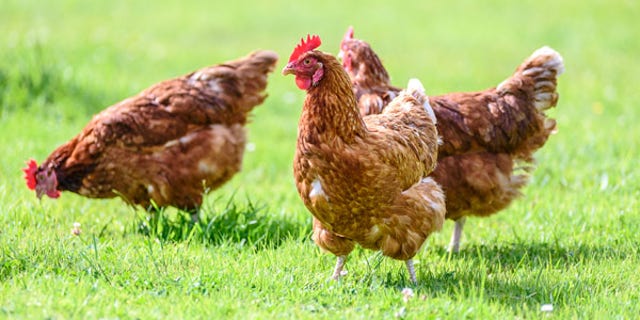Gorillas don’t know how to react when snake gets inside zoo enclosure
A small snake makes its way into a gorilla enclosure at the Animal Kingdom at the Walt Disney World Resort in Florida.
The North Carolina Zoo is temporarily closing its aviary, which is home to more than 100 exotic birds from 36 species, amid an outbreak of avian flu in wild birds in the state.
Three cases of avian flu were confirmed this month in the Carolinas, according to the U.S. Department of Agriculture.
“Closing the Aviary is a preventive, precautionary measure to protect all our bird species at the Zoo as the disease can spread very quickly and is often fatal to them,” NC Zoo Director of Animal Health Dr. Jb Minter said this week. “The disease has so far only been found in a very few wild birds in North and South Carolina.”
Avian flu is common in wild aquatic birds, which usually don’t show any symptoms, but it can sicken and kill certain domesticated species, according to the CDC.
The NC Zoo noted that the spread of avian flu “could have devastating effects on poultry farms (both commercial and backyard flocks) and birds living in zoos and wildlife centers.”
Poultry is North Carolina’s top agricultural industry with an economic impact of $39.76 billion a year, according to the U.S. Poultry & Egg Association.
The poultry industry, which is North Carolina’s top agricultural product, is vulnerable to the avian flu if the virus reached domesticated birds.
(CDC)
If the outbreak reaches the poultry industry, then farmers have to cull, or depopulate, their flocks to control the spread.
Avian flu infections in humans are extremely rare but can be severe when they occur.
Source: Read Full Article









